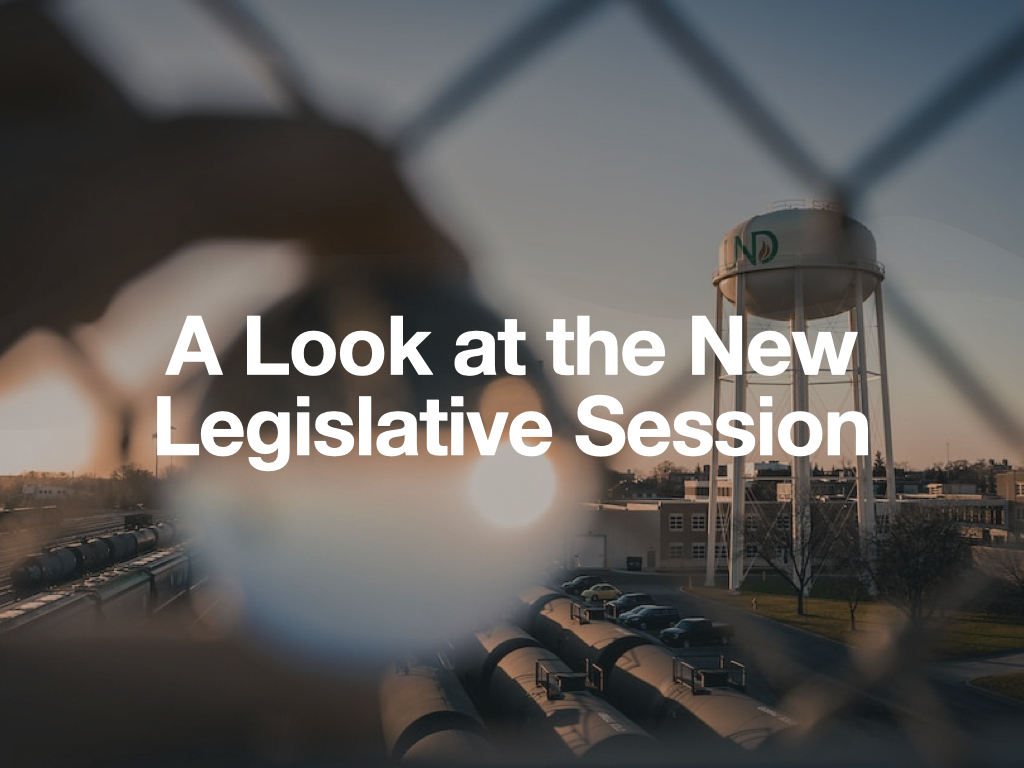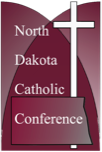
A Look at the New Legislative Session
By Christopher Dodson
Executive Director
North Dakota Catholic Conference
January 2023
In my last column, I highlighted a set of legislative proposals to help pregnant women, born and unborn children, and new families. The state’s bishops later called these ideas Responding with Love: Legislative Proposals for a Sanctuary for Life.
Meanwhile, efforts to enforce pro-life laws previously enacted are held-up in courts. State legislators passed two laws that they intended to go into effect together if Roe v. Wade was ever overturned. That happened with the Dobbs decision. At the time I write this, neither of those laws has gone into effect.
The first law is a comprehensive abortion ban with exceptions for rape and incest passed in 2007. As I write this, it is before the state supreme court where the abortion lobby lawyers argue that there is a right to abortion in the state constitution.
The second law is a “heartbeat ban” that was passed in 2013 and was meant to be the law for all abortions after six weeks gestation. It does not have a rape or incest exception. It was enjoined in federal court. The North Dakota Attorney General is seeking to lift the injunction on the grounds that, after Dobbs, there is no reason to block the law.
North Dakota legislators might seek to combine the two laws into new legislation during the current legislative session.
What else might happen during the session?
North Dakota needs stronger protection for religious freedom. The federal government and most of the states provide more protection for religious freedom than the state of North Dakota. In fact, prisoners in North Dakota have more religious freedom rights than the rest of us. That needs to change.
Gender ideology will be a big topic during the session. Two years ago, the legislature passed a bill protecting girls’ sports, but Governor Burgum vetoed the bill. Legislators might introduce identical or similar legislation this year.
Many legislators are upset about gender policies in public schools that allow mixed-sex bathrooms, require teachers to use expressed gender pronouns, and even prohibit teachers from informing parents that the child is expressing a gender not aligned with his or her biological sex. At a minimum, legislation is needed to protect the rights of parents and the free speech rights of teachers and other government employees. The legislature should also explore how to protect minors from permanently damaging “gender transitioning” surgeries.
Some legislators are enthusiastic about forwarding parental choice in education and maybe this year it will pass. In November, Attorney General Drew Wrigley issued an opinion that the state’s “Blaine Amendment” is unconstitutional. Motivated by anti-Catholic prejudice, “Blaine Amendments” were placed into many state constitutions during the 19th Century. The North Dakota language was inserted at statehood and prohibited the state from assisting “sectarian,” meaning Catholic, schools.
We have long thought that the state’s Blaine Amendment was unconstitutional. Recent decisions by the U.S. Supreme Court made our case even stronger. Now the Attorney General has essentially pronounced the death of the state’s Blaine Amendment.
This development, however, does not mean that the state must provide parental choice in education. The legislature must enact it. Various methods exist to help parents, such as vouchers, educational savings accounts, tax credits, or reimbursements to schools. The principle is simple. Provide parents with some financial help so that they can choose the best educational setting for their children.
Every child has a right to state-assisted education and every parent has a right to choose the best educational setting for their children. The two rights are not mutually exclusive. The current system, however, says that a child can get assistance, but only in a government school. The parents can exercise their right to choose, but if they choose a non-public school the child does not get the benefit of assistance. That assistance, by the way, is paid from the parent’s taxes.
The system we have is not only absurd. It is oppressive and disproportionately hurts families with lower incomes.
Well-funded interest groups have tried, often successfully, to portray parental choice programs as schemes to destroy the public school system and help rich families. In truth, parental choice does not harm public schools and is the lowest-income families who most benefit.
Finally, the legislature must help the least among us. With a large budget surplus, the legislature must ensure that our most vulnerable, including the sick, the addicted, the poor, the homeless, and women facing crisis pregnancies are respected, protected, and cared for. How we care for them now will be North Dakota’s true legacy.
Remember, to get regular updates on the legislative session, sign up at ndcatholic.org.
What We Do
The North Dakota Catholic Conference acts on behalf of the Roman Catholic bishops of North Dakota to respond to public policy issues of concern to the Catholic Church and to educate Catholics and the general public about Catholic social doctrine.

Contact Us
North Dakota Catholic Conference
103 South Third Street, Suite 10
Bismarck, North Dakota
58501
1-888-419-1237
701-223-2519
Contact Us

